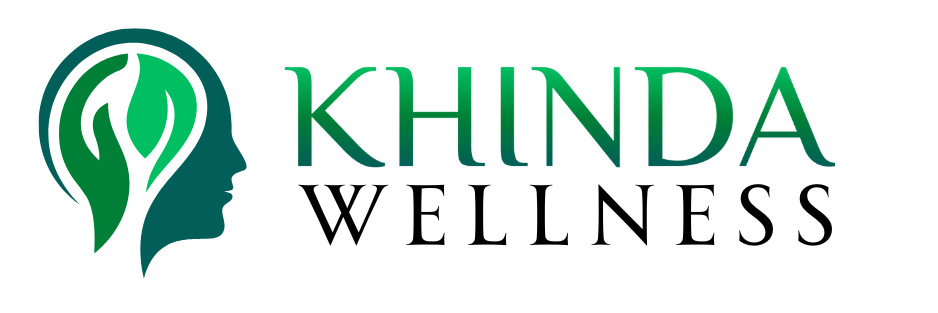How does ketamine treat depression?
Depression is often treated with antidepressant medications. When these drugs work, they’re life-saving. However, here’s the challenge: antidepressants fail to improve depression in up to 35% of all patients. For those struggling with treatment-resistant depression, ketamine-assisted psychotherapy offers renewed hope. Dr. Khinda safely and effectively uses ketamine-assisted psychotherapy to help patients who haven’t responded to traditional treatments.
Ketamine is highly effective for severe depression and suicidality, particularly noted for its rapid action in patients with treatment-resistant depression.
This versatile medication has varied effects based on its dosage. High doses are used for anesthesia, while lower doses are potent pain relievers and mood stabilizers.
One of ketamine’s unique benefits lies in its impact on glutamate, a vital brain chemical that regulates mood. By restoring normal glutamate levels, ketamine helps improve mood and potentially repairs damaged nerve connections in the brain.
Treatment-resistant depression occurs when symptoms persist despite trying at least two different antidepressants. Ketamine infusions, administered intravenously, provide relief for many within days, offering an alternative for those who had little success with standard therapies.
Its effectiveness led to the FDA’s approval of SpravatoⓇ in March 2019. Spravato, a nasal spray containing esketamine (a ketamine derivative), is administered in certified medical offices to enhance accessibility for patients in need.












